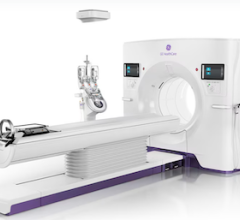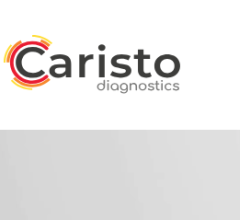July 16, 2008 - Earlier this week, the FDA released a notification that the X-rays used during a CT examination may cause some implanted and external electronic medical devices to malfunction.
The devices include cardiac pacemakers, defibrillators, neurostimulators, external drug infusion pumps, cochlear implants and retinal implants.
According to the FDA statement, this type of interference might be reported more frequently because of the increased utilization of CT, the higher dose-rate capability of newer CT machines, an increase in the number of patients with implanted and externally worn electronic medical devices and better reporting systems.
Among the adverse events reported include unintended “shocks” (i.e., stimuli) from neurostimulators, malfunctions of insulin infusion pumps and transient changes in pacemaker output pulse rate.
The FDA recommends that before a CT scan, the operator should use CT scout views to determine if implanted or externally worn electronic medical devices are present and if so, their location relative to the programmed scan range.
For CT procedures in which the medical device is in or immediately adjacent to the programmed scan range, the operator should:
-Determine the device type
-Try to move external devices out of the scan range, if practical
-Ask patients with neurostimulators to shut off the device temporarily while the scan is performed
-Minimize X-ray exposure to the implanted or externally worn electronic medical device by: using the lowest possible X-ray tube current consistent with obtaining the required image quality; and making sure that the X-ray beam does not dwell over the device for more than a few seconds.
The FDA requested clinicians submit reports of any adverse events related to the CT and implanted or external electronic devices via www.fda.gov/MedWatch/report.htm or by calling 1-800-FDA-1088.
For more information: www.fda.gov/cdrh/safety.html.


 February 02, 2026
February 02, 2026 









